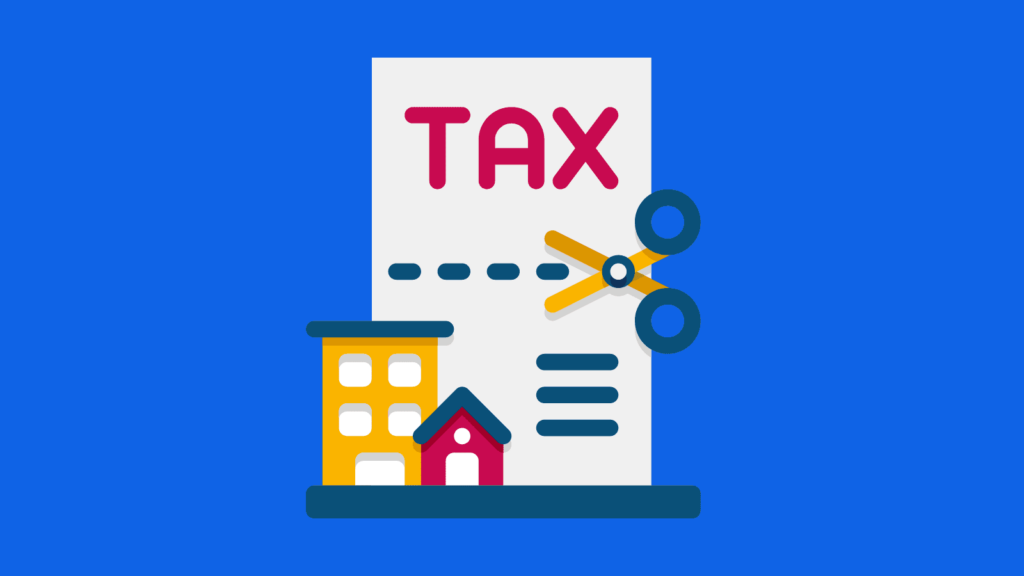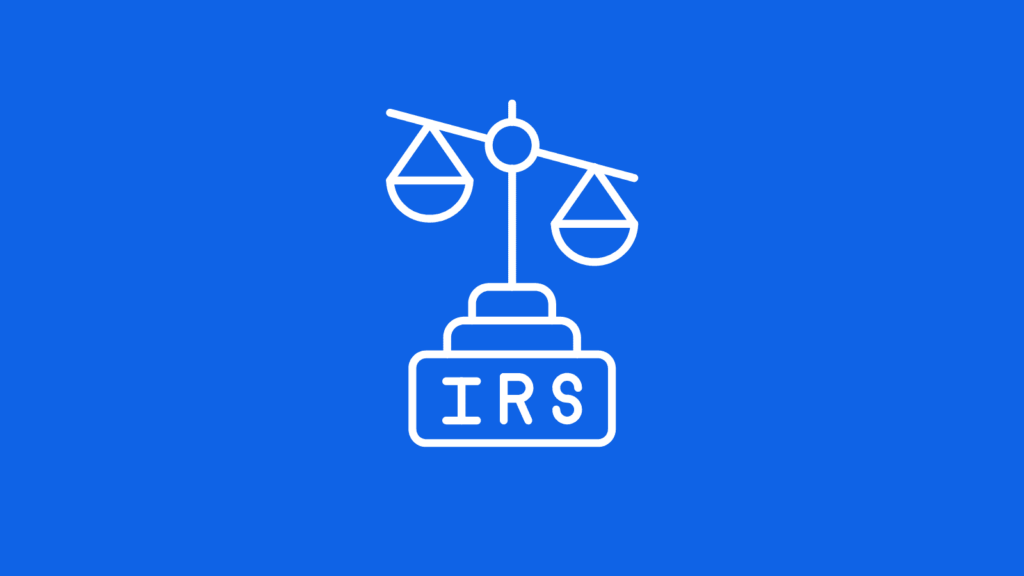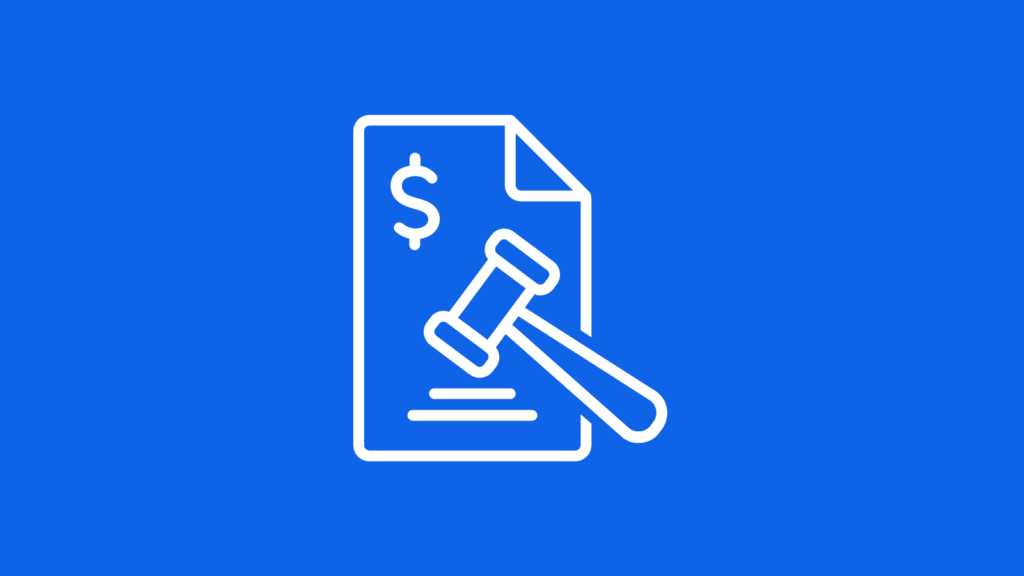How to Properly Keep IRS Receipts for Tax Deductions
December 18, 2022

peakreliance
Accounting, Taxes
Are you a business owner trying to understand the IRS receipt requirements for tax purposes? Don’t worry, you don’t need to keep a massive collection of physical receipts in order to meet the expectations of the Internal Revenue Service. While it is important to keep track of your expenses, the IRS does not require you to keep physical copies of every single receipt as proof of your deductions. In fact, the IRS receipt requirements are not as strict as you may think.
A simple guide to tax deductions for your business
As a business owner, you are required to file income tax returns with the IRS and pay any taxes owed based on your business’s earnings. However, you can reduce the amount of taxes you owe by claiming tax deductions for qualified business expenses.
For example, if you purchase a new desk and computer for your business, you can subtract the cost of those items from your earnings when you file your taxes. Tax deductions lower your income and therefore decrease your tax obligation.
There are numerous opportunities for tax savings through deductions, as long as you have the necessary documentation. Some common deductible expenses include:
- Transportation expenses for business travel
- Meals or lodging expenses from company trips
- Office furniture
- Technology
- Marketing expenses
- Contractor fees
It’s important to note that simply having a receipt is not enough to prove that an expense is deductible. The IRS requires expenses to be “ordinary, necessary, and reasonable” for business purposes. Therefore, that luxurious vacation may not qualify as a deductible expense.
How does a business tax receipt work?
A business tax receipt is a record that provides documentation of business expenses that are included as deductions on a tax return. This includes information about what was purchased, the amount paid, and the date of purchase. Business tax receipts may be required by the Internal Revenue Service (IRS) in the event of questions about a tax return or during an audit. It is important to note that a business tax receipt is not the same as a permit allowing a business to collect sales tax in a particular state, which may also be referred to as a business tax receipt.
What receipts should I keep? How about other documents?
It is important to keep supporting documents that provide itemized proof of purchase for business expenses. This may include receipts, credit card statements, bank statements, canceled checks, itemized invoices with digital payments, and real estate closing statements. It is also important to document income by keeping receipts of income such as cash register tapes, receipt book stubs, invoices with digital payments, cleared or canceled checks, bank statements, and IRS 1099 forms.
These documents may be in physical or digital form and should be kept for the duration of the tax year. It is important to properly store and organize these documents to make them easily accessible when needed.
What is the best way to organize and manage my business tax receipts?
To effectively manage and organize your business tax receipts, it is best to go digital. This means storing electronic copies of bank statements, purchase history, credit card statements, and online banking records. These records will often be automatically tracked, making it easier for you to stay organized and prepared for a potential IRS audit. If you do have physical receipts, such as for large cash purchases, there are financial apps that can convert them to digital copies for electronic storage.
To store these digital records, you can simply download them and save them in categorized folders. It can be helpful to regularly organize your expenses to make it easier to locate relevant deductions come tax time. However, you may need to pay more attention to documentation for cash transactions and reimbursements. In these cases, it is important to keep thorough records in order to properly account for these expenses during tax season.
Receipts must be kept for how long?
In general, it is recommended that you keep business receipts for at least three years. However, in certain situations, the IRS may require you to retain your receipts for up to six years. For example, if you underpaid your taxes by more than 25%, you will need to have records on hand for a longer period of time.
You may be able to find documentation from previous years through online bank records or merchant websites, but it is not guaranteed that these older documents will be available. Additionally, you will not have access to records on accounts that you have closed or stores that have closed or changed their websites.
To properly store receipts, it is best to download digital PDF copies (if available) and save them in a folder for each month and year. You can also scan paper receipts using a digital receipt app. It is important to ensure that these folders are backed up or saved in a secure, easily accessible location so that you can access them as needed in the future.
How do I deal with reimbursements?
It is common for business owners or employees to use their personal credit cards or bank accounts to make purchases on behalf of the company and then be reimbursed from the business account. These types of reimbursements are common in large organizations and are completely legal. However, it is important to keep thorough documentation of these transactions, including details about what was purchased, when, and for how much, as well as information about the original payment method and the reimbursement amount. This documentation will be necessary to properly account for these expenses during tax season.
How do I deal with cash purchases?
It can be challenging to track and document cash purchases, as there is no automatically generated statement like there is with credit card transactions. It is important to carefully record and track your use of cash to ensure that all business-related expenses are properly accounted for during tax season. It is also good practice to obtain itemized receipts for large cash expenditures, as these can be helpful for tax purposes. However, it is worth noting that the Cohan rule allows for some flexibility in terms of documentation for smaller cash purchases. This rule allows taxpayers to claim business expenses even if receipts are lost or misplaced, as long as the expenses are considered “reasonable and credible.” Therefore, if you have lost the receipt for a small cash purchase, it may not necessarily be a problem.
How can Peak Reliance help?
Are you struggling to keep track of your business tax receipts and documentation? Let Peak Reliance help you stay organized and prepared for tax season. Our team of experts can assist you with implementing a system for tracking and storing your receipts digitally, as well as providing guidance on how to properly document cash transactions and reimbursements. To learn more about our services and pricing, visit our pricing page or give us a call at (718) 218-5558. You can also email us at [email protected] with any questions or to schedule a consultation. Contact us today to learn more about how we can support your business.
Post Tags :
IRS, Tax Deductions
About Us
Empowering small businesses and individuals with efficient and reliable bookkeeping & tax services.













